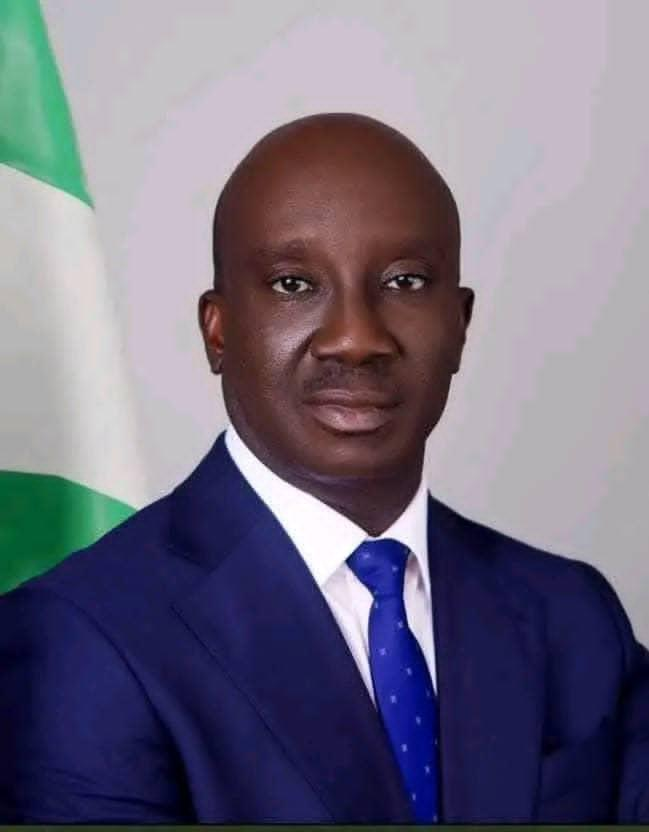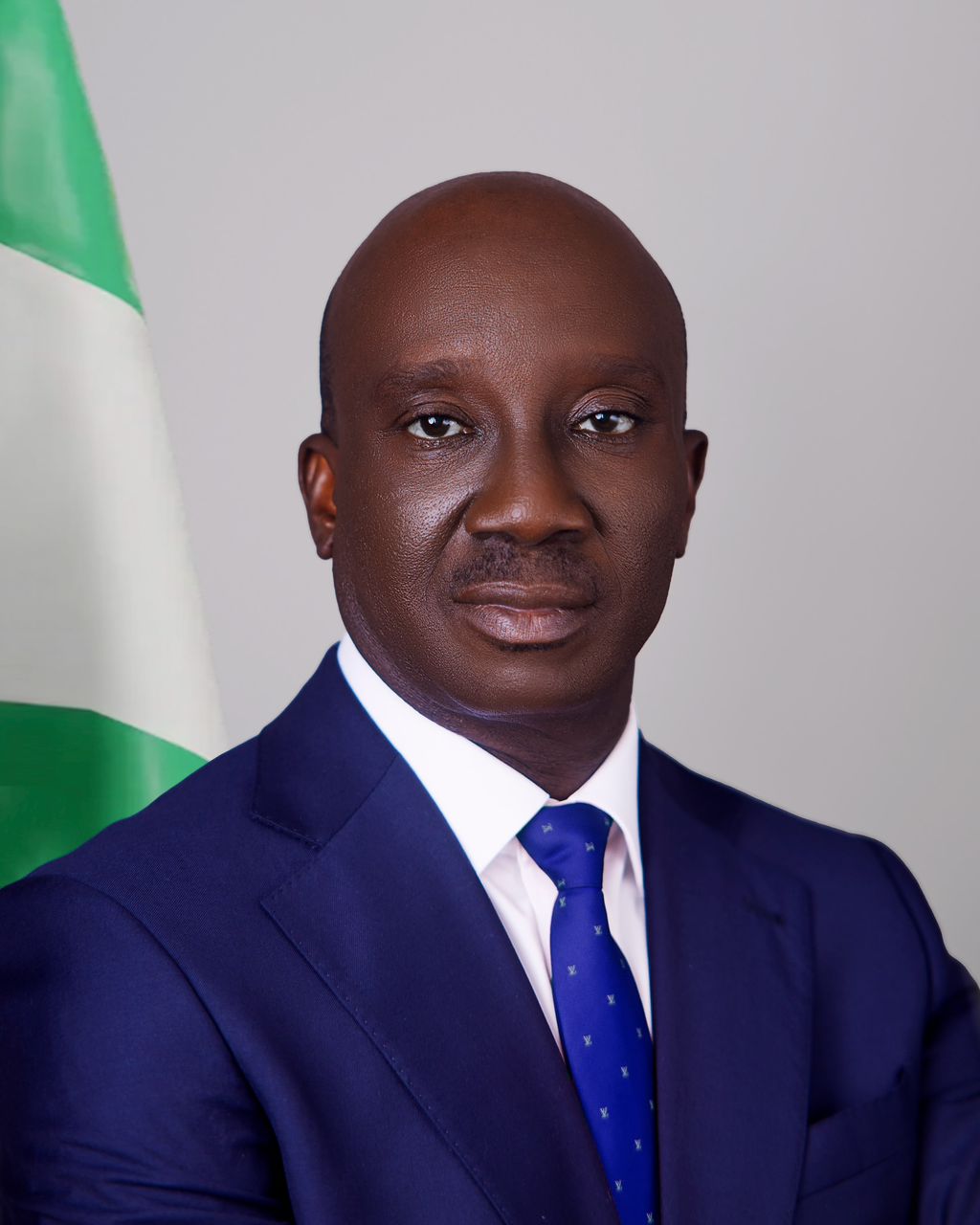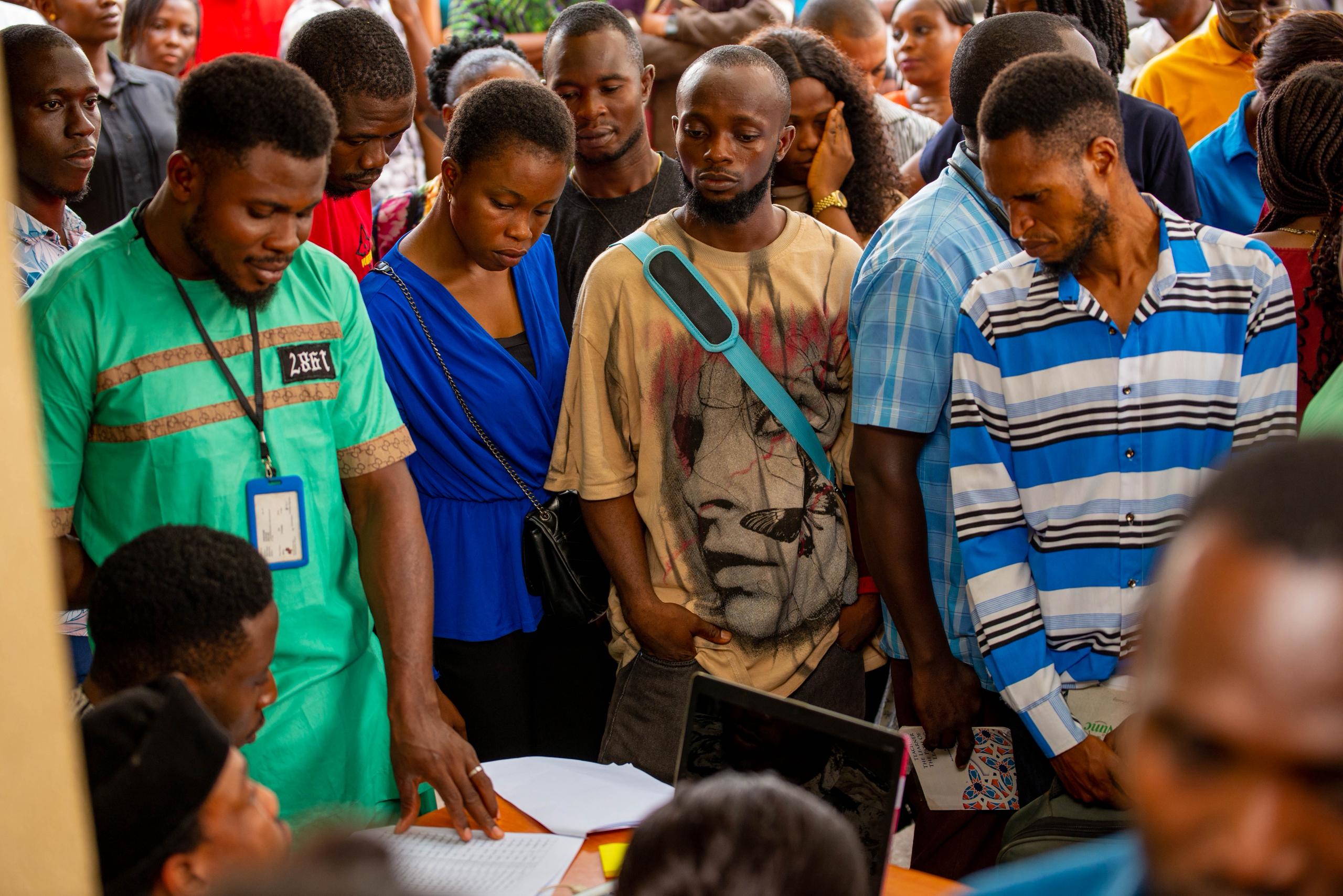As I dissect the bold and strategic moves by Governor Monday Okpebholo to fulfill his constitutional mandate of welfare and security in this piece, the voice of Chinua Achebe in Things Fall Apart echoes louder: “Eneke the bird says that since men have learned to shoot without missing, he has learned to fly without perching.”
King Odewale’s assertion in Ola Rotimi’s The Gods Are Not to Blame—“To fold our hands and do nothing is to die quick”—also lends credence to the governor’s actions.
Indeed, Governor Okpebholo is not folding his hands. He is acting—firmly, swiftly, and with an unmistakable sense of urgency. With the launch of Operation Flush Out Kidnappers and Cultists, a decisive security offensive against the escalating menace of cultism, kidnapping, and drug-related crimes, the governor has sent a clear message: the era of impunity in Edo is fast coming to an end.
The formation of a special elite squad—comprising personnel from the Nigerian Army, Police, Nigeria Security and Civil Defence Corps (NSCDC), and allied agencies—marks a significant shift in how the state confronts its security challenges. This is not a symbolic gesture. It is a coordinated, intelligence-driven, boots-on-the-ground response to the disturbing rise in criminal activities that have threatened public peace and the economy.
On its first major operation, the squad stormed criminal strongholds in Isiohor, Iguosa, Oluku, Ibiwe, and the Lagos Street axis—locations that had become synonymous with drug peddling, cult violence, and kidnappings. More than 20 arrests were made. Dangerous weapons, illicit drugs, and incriminating materials were recovered. These early results affirm that the threat is real, but so is the state’s commitment to eradicating it.
This operation is not just a tactical sweep; it is a political statement—a clear signal that Governor Okpebholo is willing to confront the dangerous underbelly of Edo’s insecurity with resolve. It also underscores the reality that governance without security is an illusion. Roads, hospitals, and markets can only serve a purpose when people feel safe using them.
Admittedly, as with any major crackdown, the initial stages came with operational friction: unexpected resistance, logistical hitches, and the need to navigate complex urban terrains. But the broader objective remains unshaken. This is a war for the soul of Edo—and Governor Okpebholo has chosen to lead from the front.
The time has come for residents of Edo to move beyond passive observation. Security is a shared responsibility. Community members must offer intelligence, support operations, and reject any attempt to romanticize or protect criminal elements, no matter how familiar or politically connected they may be. Vigilance must become a culture. Silence must no longer be an option.
Going forward, a twin strategy is required. While the security offensive continues, stakeholders must simultaneously invest in social reorientation, youth development, and economic inclusion. The lure of crime thrives where opportunities are scarce and hope is absent. Ending this cycle demands more than arrests—it requires reforms, rehabilitation, and reintegration.
Yet, for now, a line has been drawn. The criminals who once operated with boldness and unholy confidence are on the run. Their sanctuaries have been breached. Their networks are being dismantled.
As we reflect on this critical turning point, the wisdom of Achebe resounds:
“Eneke the bird says that since men have learned to shoot without missing, he has learned to fly without perching.”
Governor Okpebholo has learned to shoot—and he is not missing.
And as King Odewale warned in Ola Rotimi’s timeless tragedy, “To fold our hands and do nothing is to die quick.”
Edo has chosen to live. And to fight.




